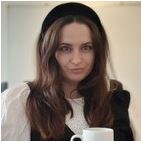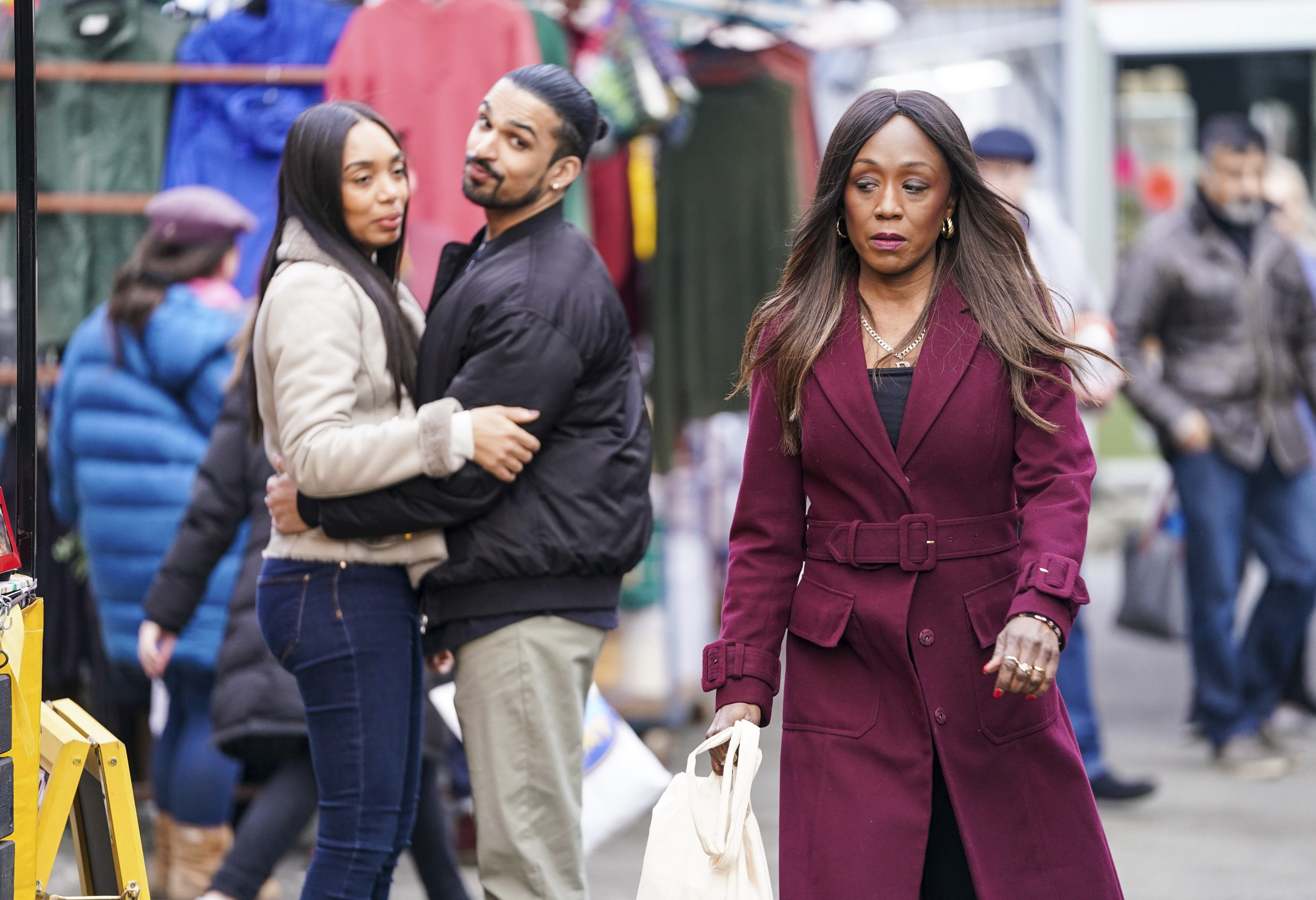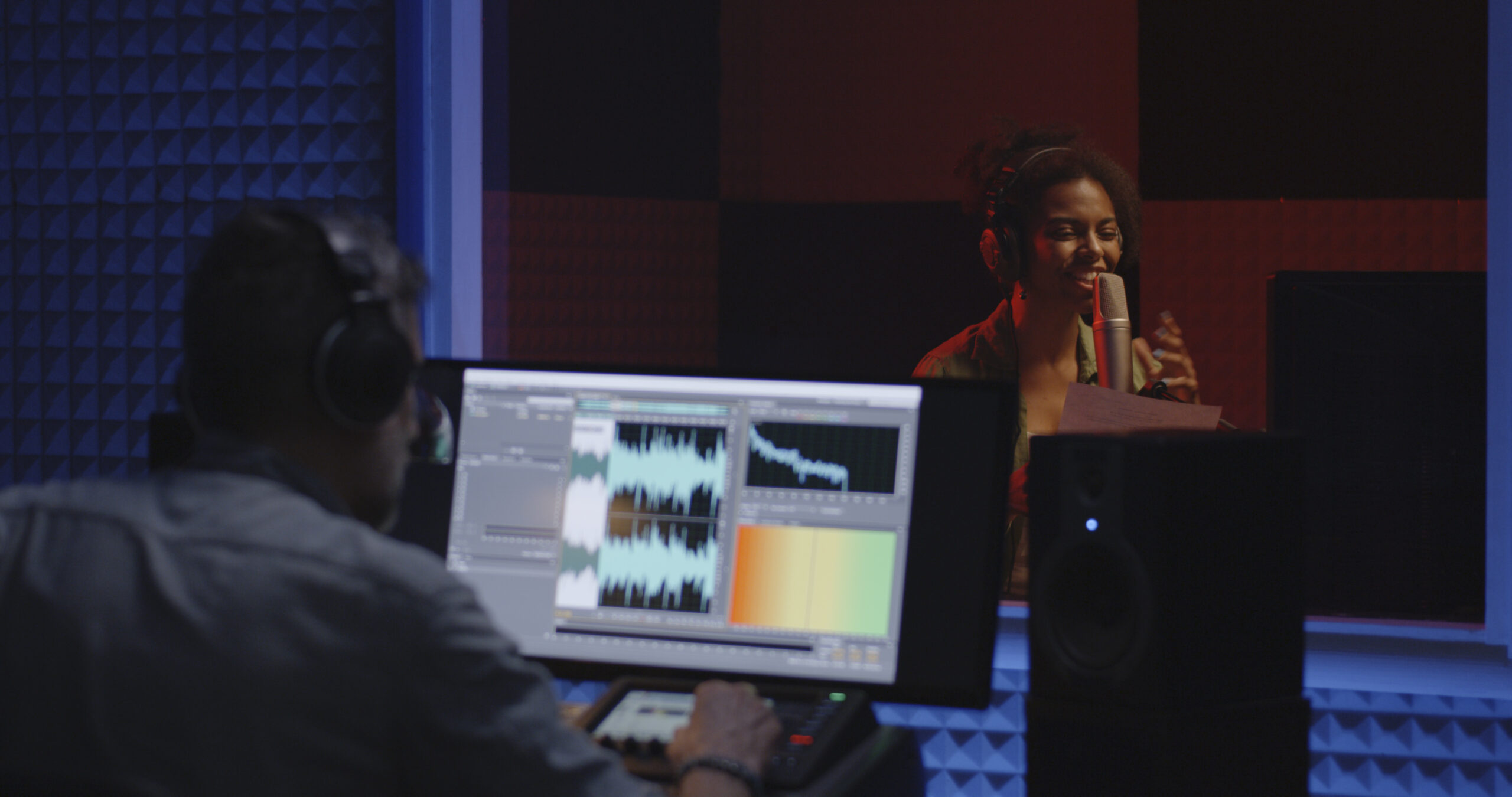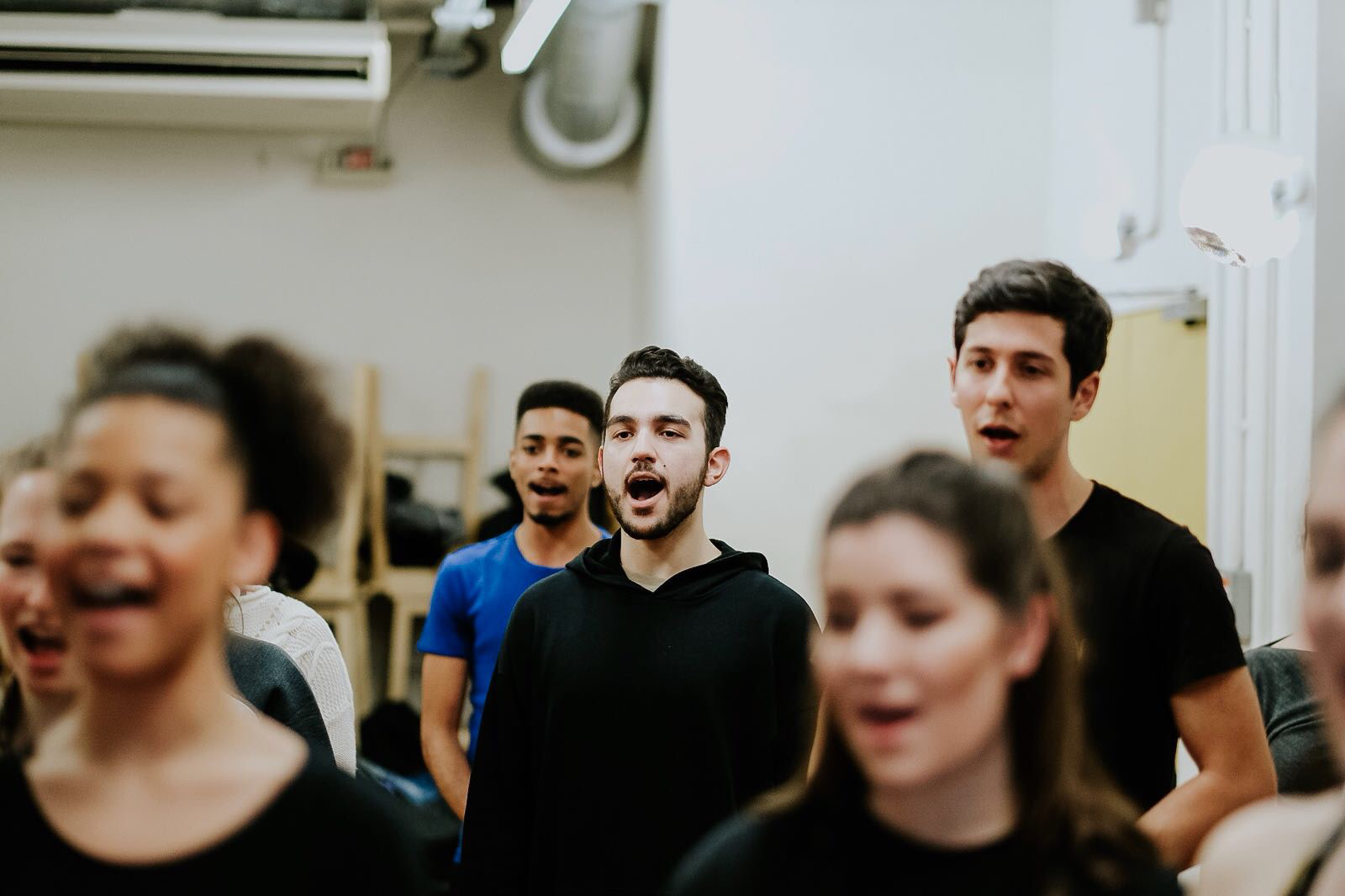Tips for preparation when attending a read-through and what actors do during a table read.
Landing an acting role is a great feeling and there’s no doubt you’ll be eager to get started. Whether the part is for a stage or screen production, actors are often invited to a table read – this is an opportunity for the cast and crew to get together to read the script aloud. Table reads are an essential stage of pre-production that identifies any problems with dialogue, storylines and casting.
Here are a few tips for when you attend a table read to ensure you arrive fully prepared:
What is a Table Read?
A table read (also known as a read) is a crucial pre-production process for film, TV and stage. It will be the first time everyone involved is assembled in one room – including actors, writers, directors, producers and other key people.
At a read-through, the cast sits around a table reading the script. It’s an opportunity for everyone to hear the story performed out loud and is a great way for the cast to get familiar with the script, each other and the director.
The reading is done around a table because it allows everyone to face each other. Actors can make eye contact, which brings the script to life and helps the director see a more authentic performance. The Playground in Los Angeles says, “Speaking performances are a great way to get your creative juices flowing while developing characters and stories.”
Who Attends a Table Read?
If you’re attending a table read for the first time, the number of people in the room might seem overwhelming. Here are the people who typically attend a table read and their roles during it:
- The cast: Actors read through the script so everyone in attendance can hear it aloud for the first time.
- The director: The director will take notes and highlight any casting, writing or plot issues.
- The producers: The table read is an opportunity for the producers to meet with the crew and heads of departments to discuss any budgeting issues.
- The writer: During a read, the writer will identify what works in their script and what doesn’t. They will make the necessary edits as instructed by the director.
Other people who might attend a table read:
- Heads of department
- Investors
- Casting director
Why are Table Reads Important?
Table reads are essential as they highlight anything that isn’t working, such as dialogue, performance and chemistry. They are especially helpful for the writer, as what works on paper doesn’t always translate well to stage and screen. For example, if the jokes aren’t landing properly in a comedy scene, the writer will take notes and amend the script.
Some important decision-makers will be in attendance, so if something isn’t working, they will request rewrites, recasting of parts, or abandoning the project altogether in extreme cases.
What Happens on the Day of a Table Read?
Before the table read starts, everyone involved in the project will introduce themselves and their roles and responsibilities. This is a good time to take down names if you want to ask questions later. Then, the director will discuss the project and outline the day’s objectives.
Actors are not required to print their scripts; a copy will be provided. During the table read, someone will read the stage directions and any parts not yet cast. This helps set the scene and allows the director to focus entirely on listening to the actors.
Critiques and notes will be given either throughout the reading or at the end – depending on preference – and there will be a chance for actors to ask questions about their characters. The reading is usually recorded so the creative team can rewatch it afterwards to see what works and what doesn’t.
How To Prepare for a Table Read
- Read the script: Once you receive your script, take the time to read through it as much as possible. Familiarise yourself with your character and the storylines, as this will allow you to develop your performance choices. Acting Coach Scotland offers some great advice on script reading.
- Be very familiar with the script: Nobody will expect you to be off-book at a table read, but reading the script as much as possible is recommended. Feeling comfortable with the story and your character will allow you more creative freedom while reading.
- Go over the text: If you’re unsure about the meaning of any words or pronunciation, research them until you are.
- Be comfortable with the script: This makes it easier to interact and give a confident performance.
- Make eye contact: If you’re constantly looking at your script due to lack of preparation, you will be restricting your performance and it won’t be interesting to watch.
- Give your performance life: This doesn’t mean over-acting. Perform how you would in front of a camera or on stage – it will make it a more interesting process for everyone involved.
- Make strong acting choices: This makes the table read a more entertaining experience. If the director, producers, or others like what you do, they might add some extra scenes for you.
- Allow yourself plenty of time to arrive at the location: This will make you look professional and allow the table read to start on time.
- Bring pencils and highlighters: You will usually be provided with pencils and highlighters, but bring some just in case, as note-taking is an integral part of the process.
- Keep notes: If you receive any notes, write them down.
Masterclass tells actors, “Don’t just read. A table read is your first opportunity as an actor to make character choices and show the entire creative team what you are capable of. Try to perform with the same energy level that you would if you were in front of a camera. A subpar table read performance can sometimes result in a part being reduced or an actor being replaced.”
A table read involving a group of people you have never met might seem a daunting experience, but it doesn’t need to be. They provide an opportunity to meet everyone involved and allow actors to network afterwards. If you prepare yourself using the tips provided, the experience will be productive and fun.
Take a look at our website for more acting tips, including advice for auditions.
 Sarah Ridgway trained as an actor and has dabbled in stand-up comedy. Sarah is now a freelance writer, and her credits include Backstage and Actors Pro Expo; she is also passionate about empowering solo female travel.
Sarah Ridgway trained as an actor and has dabbled in stand-up comedy. Sarah is now a freelance writer, and her credits include Backstage and Actors Pro Expo; she is also passionate about empowering solo female travel.












